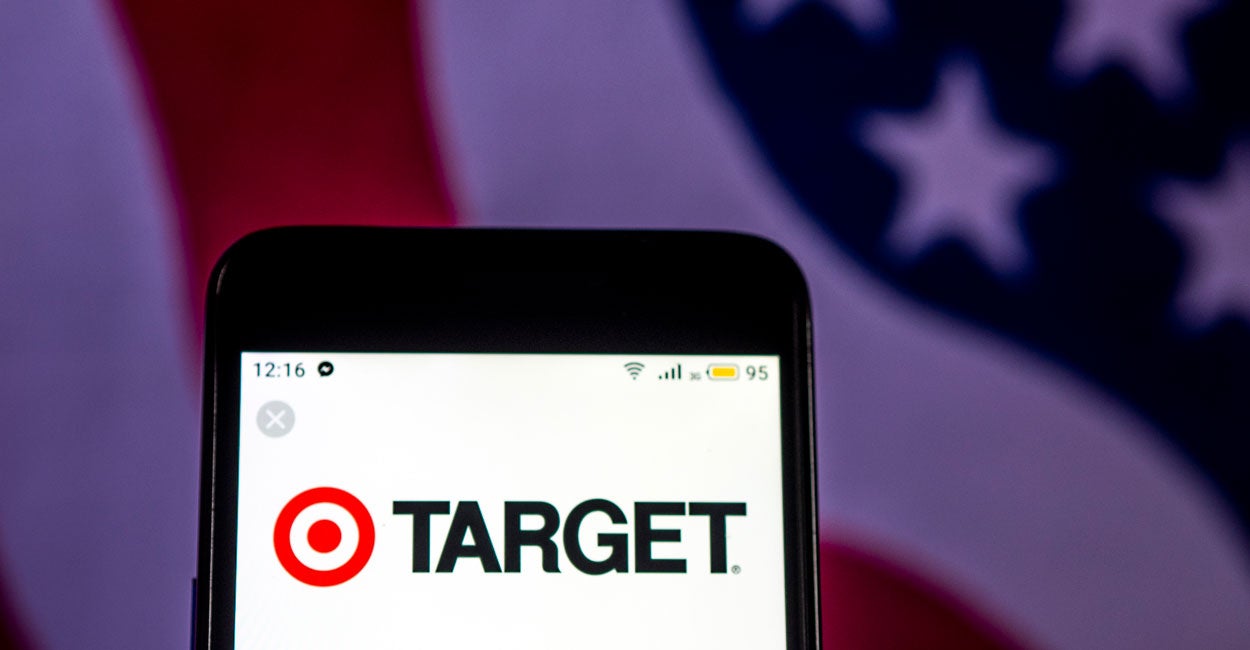RFK Jr.’s Report Actually Nails What’s Wrong With American Health + More

Source: Children’s Health Defense
RFK Jr.’s Report Actually Nails What’s Wrong With American Health
Emma lives in France. She wakes up in a country where junk food advertising to children is controlled. At school, she eats a nutritious lunch — half of which must come from locally sourced ingredients. The chemicals in her food are more strictly monitored; France bans many food additives that are still allowed in American products. When she gets home, she’s not bombarded by algorithm-driven social media designed to maximize engagement through addictive content.
Madison lives in Ohio. She wakes up to a breakfast, marketed directly to her through cartoon characters, packed with sugar and artificial additives. At school, she can buy snacks from a vending machine — something banned in French schools — stocked with products from companies that spend millions targeting her developing psychology. Her toys and environment contain harmful chemicals like PFAS and bisphenols that remain largely unregulated in America, unlike in France.
After school, she’s on social media platforms that use sophisticated algorithms to keep her scrolling, often on to content that makes her feel worse about herself. The health outcomes speak for themselves: France ranks third globally in child well-being, while the U.S. ranks 36th. The difference between Emma and Madison isn’t that French doctors practice medicine differently. It’s that the French government governs differently.
RFK Jr. Is Opening the Alternative Medicine Floodgates
Snake oil salesmen will be eating good during the Trump presidency. Robert F. Kennedy Jr. recently declared that he will greatly expand people’s access to experimental and alternative medical treatments, even while acknowledging that a “lot of charlatans” are likely to take advantage of suffering people as a result.
RFK Jr. made the announcement during a recent interview on the Ultimate Human Podcast hosted by Gary Brecka, a self-proclaimed biologist, biohacker, and longevity expert (Brecka appears to possess two bachelors’ degrees in biology, but is not a licensed medical doctor). Kennedy stated that, under his reign as U.S. Secretary of Health and Human Services, Americans will more easily be able to get their hands on treatments not currently approved by health regulators.
“If you want to take an experimental drug — you can do that, you ought to be able to do that,” Kennedy told Brecka. While many patient advocates in general have pushed for looser regulations surrounding experimental or off-label treatments, other experts have cautioned that it’s important to strike a balance between improved access and safety. And it’s unlikely Kennedy’s approach will meet that threshold.
WHO Touts Global mRNA Expansion as U.S. Exits and Public Demand Fades
The World Health Organization (WHO) is doubling down on mRNA technology with a high-level virtual event — “Achieving Sustainable Pandemic Preparedness by Design” — set for June 12, 2025. Hosted alongside the G20 Health Working Group, the session aims to showcase the mRNA Technology Transfer Programme’s progress since 2021 and rally continued international support. But behind the polished diplomatic optics, cracks are forming in the global façade of “solidarity.”
Most notably, the U.S. has not only withdrawn its involvement from the WHO, but also now, under Robert F. Kennedy Jr’s leadership over Health and Human Services, a critical vetting of mRNA interventions.
The pivot comes amid growing scrutiny over the technology’s role in public health — especially in low- and middle-income countries still burdened by inequitable access and vaccine fatigue, questions of just how effective these products are, and of course, safety matters.
FDA Extends Scrutiny Over Color Additives Beyond Food to Drug Products
U.S. Food and Drug Administration’s (FDA) recent focus on potentially harmful color additives in food products has expanded to the pharmaceutical sector. In May 2025, FDA issued a draft guidance titled Replacing Color Additives in Approved or Marketed Drug Products. This guidance signals FDA’s increasing attention to the use of colors in all consumable products, including both prescription and over-the-counter drugs.
In doing so, the guidance outlines FDA’s expectations for selecting suitable replacements for color additives and providing appropriate documentation in regulatory filings when drug formulation changes are planned. The recent draft guidance comes on the heels of several state actions to restrict the use of color additives in food to varying degrees, as documented in our Well Done blog. The guidance also follows FDA’s action to phase out all petroleum-based synthetic dyes from food and ban the use of Red Dye No. 3 (erythrosine) in food and ingested drugs.
Notably, though, the recent draft guidance is not specific to drug products containing these synthetic dyes, but applies broadly to any proposed drug reformulation that seeks to replace a color additive — that is, any dye, pigment, or other substance that can impart color. The draft guidance thus demonstrates FDA’s active encouragement of voluntary changes to drug formulations that contain color additives, consistent with its other color-safety initiatives.
NIH Seeks Comment on Creation of First AI Strategic Plan, Adds to Tranche of AI Support in HHS
The National Institutes of Health (NIH) is seeking comment from industry on a new artificial intelligence strategy for the agency. Principal Deputy Director of the NIH Matthew Memoli, M.D., announced the RFI at the Coalition for Health AI’s semi-annual meeting at Stanford Medicine on Thursday.
The forthcoming plan adds to the pro-AI stance of the administration and to explicit actions to center the use of the technology with the U.S. Department of Health and Human Services .
The RFI seeks comment on the use of AI in biomedical discovery, public health and clinical decision support. And the agency wants feedback on how the NIH can best collaborate with other government agencies, non-governmental advocacy organizations and industry on AI development and testing.















